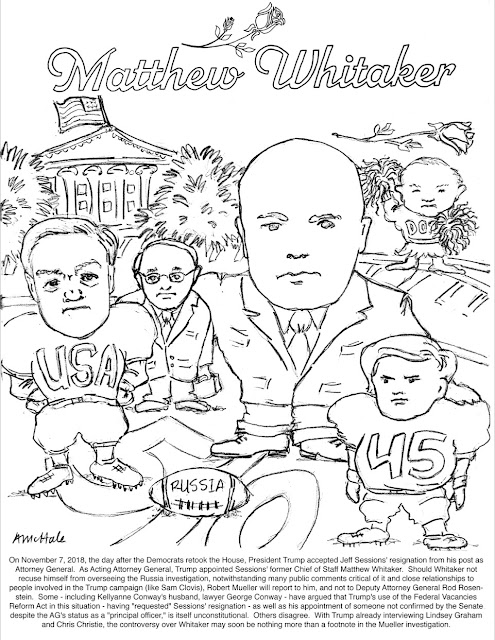What Could Be Worse Than the Trump Era?
by Neil H. Buchanan With the mostly good news of the midterm elections now behind us -- good news that was diminished, of course, by the continued success of blatant racists in Georgia, Florida, Mississippi, Iowa, and elsewhere, to say nothing of the disappointment of Beto O'Rourke's near-miss in taking down Ted Cruz -- the political atmosphere has once again been taken over by full-on Trump craziness. Undiminished support for a literally murderous Saudi regime? Check. Climate change denialism on steroids? Check. Cruelty toward asylum seekers and immigrants? Double check. With all of this insanity swirling around us, it seems like a good time to revisit the alternative reality in which Hillary Clinton had won the 2016 election. In May of 2017, I wrote a Verdict column in the form of a news report from another place in the multiverse where the press was assessing Clinton's first one hundred days in office. Yesterday, I published a fol...

